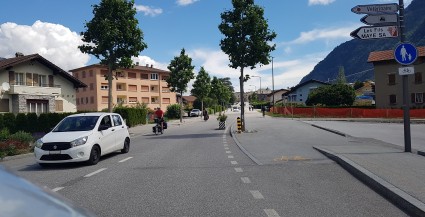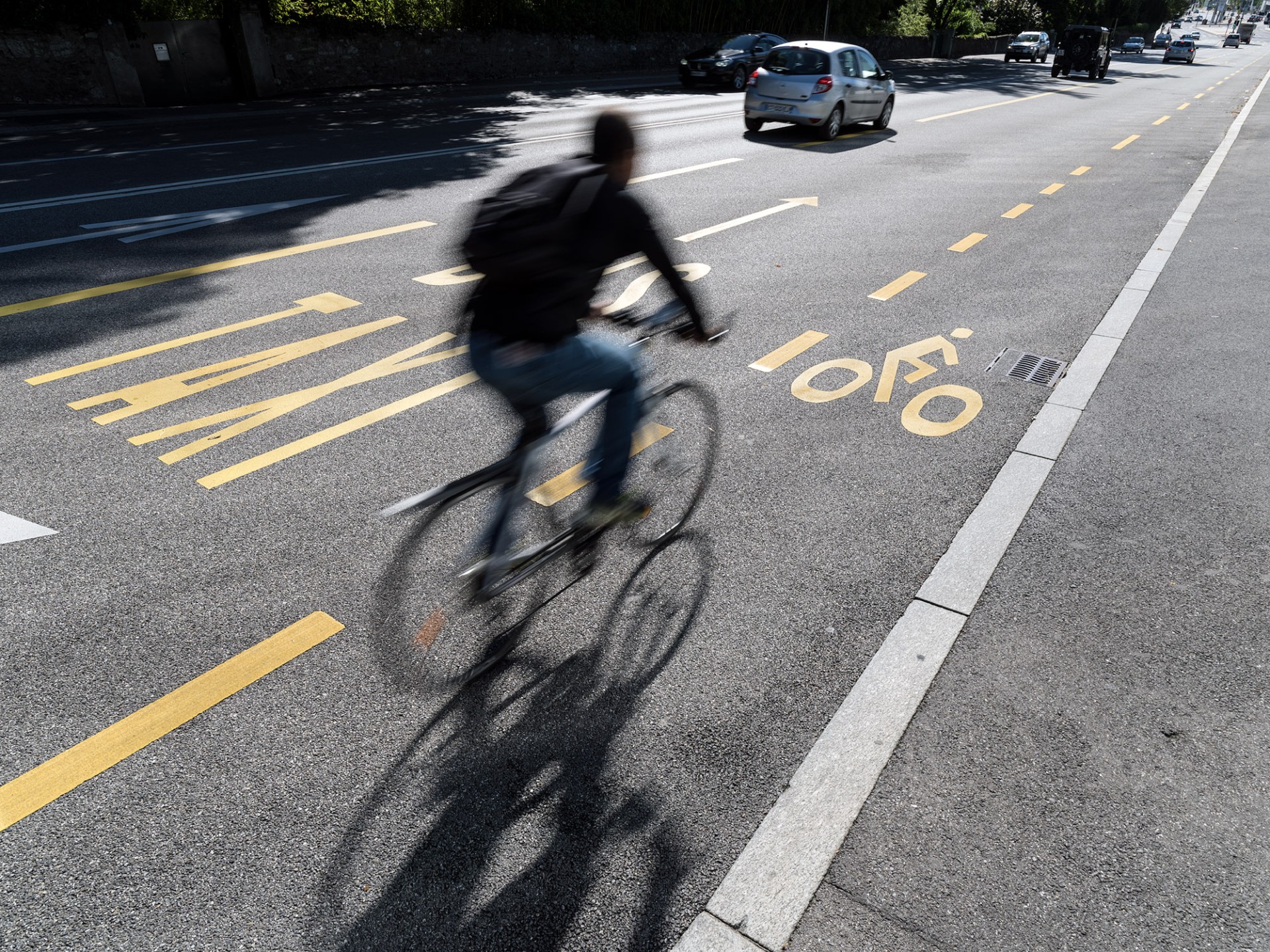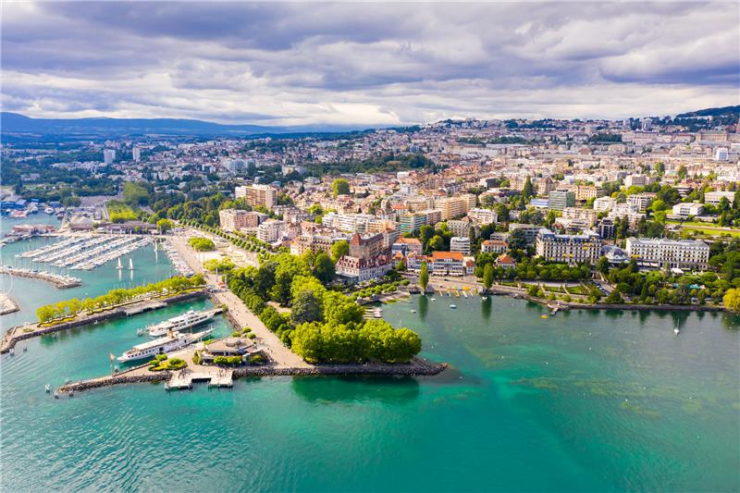
Chamoson, Isérables, Leytron, Riddes et Saillon – Schéma directeur mobilité douce

Ecological, health-promoting, and economical, cycling is increasingly valued for its efficiency and flexibility. Strengthening its role in cities is central to Transitec’s expertise in developing tailored and effective cycling solutions.
Transitec’s extensive expertise includes:
Transitioning from intentions to policy, and then to concrete, functional measures, requires expertise at all levels, in perfect synergy with other modes of transport.

Avenue Auguste-Tissot 4
1006 Lausanne
Switzerland
+41 21 652 55 55